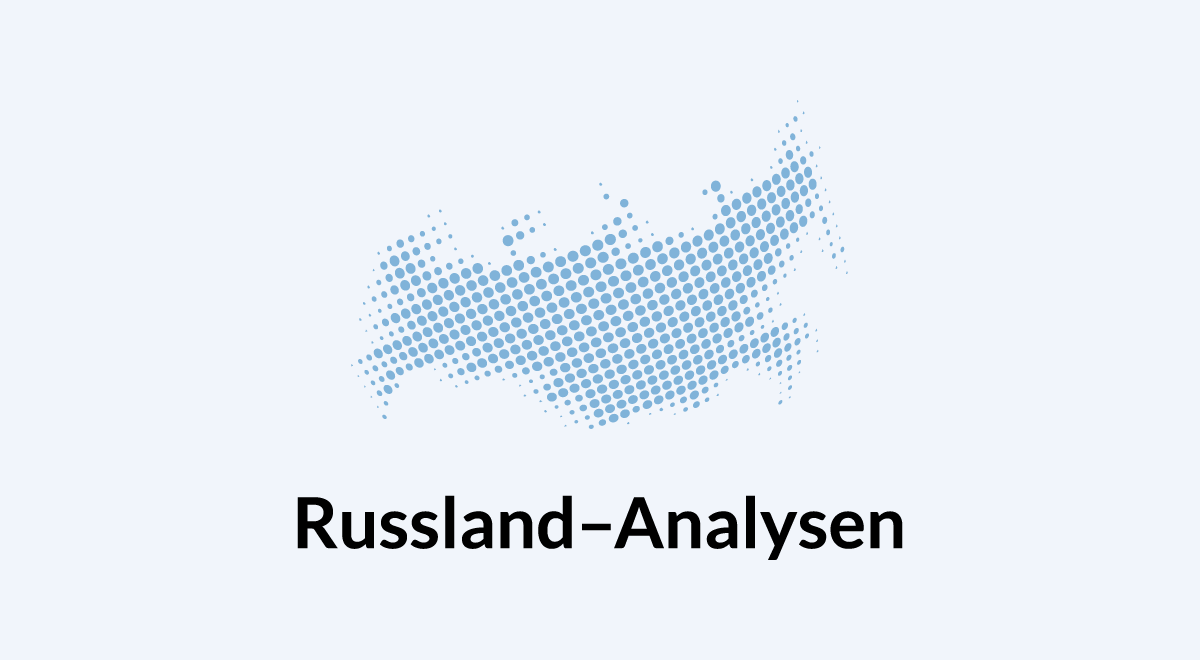![]() Artikel
Artikel Von Nadja Douglas
ZOiS Report 6/2020 State-society relations in Belarus have been tense for many years. The presidential elections in August 2020 and the mishandling of the ongoing Covid-19 pandemic have proved to be the catalyst that brought these fragile relations to a complete breakdown. Over the years, the widening gap between a new generation of an emancipated citizenry and a regime stuck in predominantly paternalistic power structures and reluctant to engage in political and economic reforms has become increasingly evident. The deteriorating economy during the last decade and the perceived decline of the country’s social welfare system have been important factors in these developments. At the same time, the regime has continued to invest in its domestic security structures to a disproportionate extent compared with neighbouring states, allowing the so-called silovye struktury (“state power structures”) to gain influence at the highest level of state governance. (…)
Zum Artikel auf zois-berlin.de  Analyse
Analyse Von Andrei Yakovlev
Obwohl sich die russische Wirtschaft von der globalen Krise relativ schnell erholt hat, fehlt es an Investitionen. Ursache hierfür ist die negative Erwartungshaltung der Wirtschaftsakteure. Diese kann als sich selbst erfüllende Prophezeiung den Aufschwung gefährden. Der Staat muss sich deshalb bemühen, das Vertrauen der Wirtschaft zurückzugewinnen und ein stabiles institutionelles Umfeld zu schaffen, das Wirtschaftswachstum fördert. Erforderlich ist dafür zum einen eine Reform der Staatsverwaltung, die Wirtschaftsförderung zu einem zentralen Leistungskriterium macht, und zum anderen ein konstruktiver Dialog mit allen Beteiligten, der hilft, praktikable Lösungen zu finden und zu implementieren. (…)
Zum Artikel